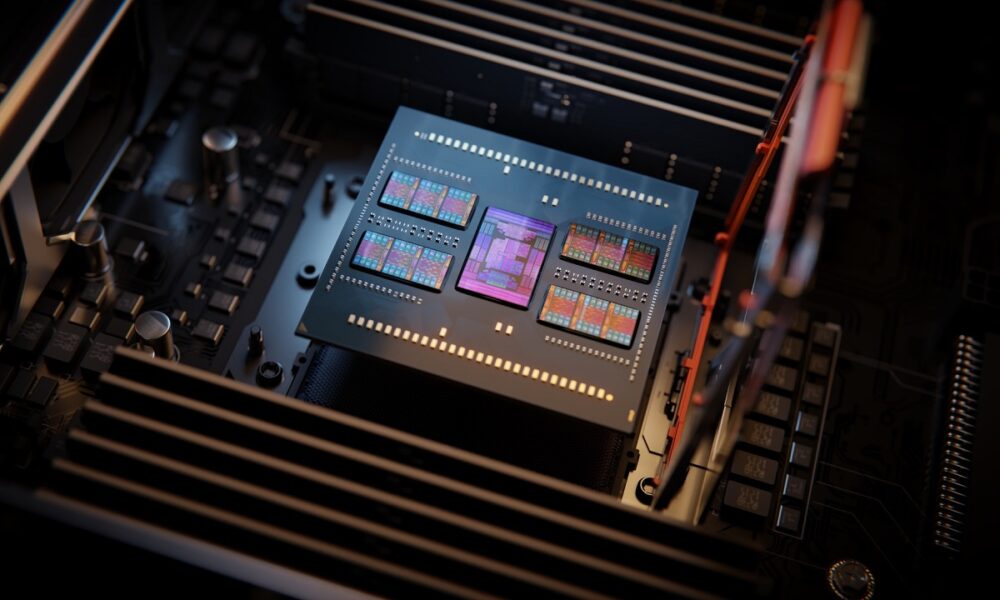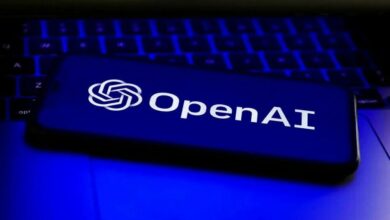
Artificial intelligence (AI) has proven to be a major force driving innovation in companies across all industries. A recent IDC study ensures in this sense that companies that have adopted AI solutions hThey have improved the experience they offer their customers by 39% and an improvement of 33% in employee efficiency, In addition, they have managed to accelerate their ability to innovate. This, of course, has also had a full impact on the health sector.
In Spain, the health technology sector has, according to data from 2021, more than 1,000 manufacturers, distributors and importers who provide the health system with more than 500,000 high-value products, devices and services resulting from a continuous R&D process. +i.
This confirms how the health technology industry performs an essential task for the National Health System, by providing health professionals and patients with technologies that are essential for the prevention, diagnosis, treatment and monitoring of diseases and for quality improvement. of life and well-being of the population.
Undoubtedly, one of the technologies that is having the greatest impact on the digitization of healthcare is the big data. The efficient collection and management of data has revolutionized the healthcare industry in topics such as monitoring of personal health records, prediction of disease transmission and epidemics, treatment protocols, improvement of quality of life patterns, and digitization of medical records. Medical records. Thanks to the use of this digitized data, which requires first-rate servers, notable progress has been made in a more efficient follow-up of the patient’s history to offer a treatment according to her needs.
Medical diagnosis, patient care and more
Along with Big Data, another of the technologies that is revolutionizing the healthcare world is Artificial Intelligence (AI). Some of the areas where AI is having a significant impact include medical diagnostics, drug discovery, health data management, and patient care.
- Medical diagnostic: AI algorithms can analyze large amounts of clinical data, such as medical images, laboratory reports, and patient records, to aid physicians in diagnosis. AI has proven to be effective in detecting diseases such as cancer, heart disease, etc.
- Drug Discovery: AI is being used to speed up the discovery and development process for new drugs. Machine learning algorithms can analyze large databases to identify patterns and relationships between molecules and diseases, helping to design more effective drugs.
- Health data management: AI can help manage large volumes of health data, such as electronic medical records, medical records, and genomic data, helping to identify patterns, predict outcomes, and improve efficiency.
- Patient care: AI-powered virtual assistants can interact with patients, provide information on diseases and treatments, answer common questions, and offer healthy lifestyle recommendations.
- Personalized medicine: AI can help personalize medical treatments based on the individual characteristics and needs of each patient.
Overall, AI is helping healthcare professionals make more informed decisions, but it is important that AI does not replace clinicians, but rather complements them by providing tools to improve patient care and outcomes.
High performance, low latency and security
When it comes to managing their AI (and other) loads, although it is true that health centers are not immune to the advantages offered by the public cloud, it is also true that health is one of the sectors that most tends to to bet on managing their most critical workloads in their local data centers, or in a private cloud environment.
Among the reasons that lead them to trust more in on-premises environments, probably the one that worries the most in this environment is regulatory compliance when it comes to safeguard data integrity and privacy from the patients. In this sense, a local CPD offers greater control over data and infrastructure, which can be important to guarantee that privacy. Another interesting aspect is that AI applications usually require high performance and low latency, so having a local CPD can help ensure a fast and efficient response. This is particularly important if applications must process large volumes of data in real time.
And what does a platform that allows working with AI loads in a local CPD have to be like? Some key features include high-performance infrastructure, scalability and flexibility, model development and deployment tools, and workload monitoring and management. Few workloads demand as much performance as Artificial Intelligence, so in addition to having the latest generation processors, in this environment it is usually a priority to have specialized GPUs or TPUs, to speed up data processing.
On the other hand, model development and deployment tools are essential to facilitate the creation, training, and deployment of AI models. The platform must be able to support popular and up-to-date deep and machine learning frameworks and libraries, optimized for the hardware available in the CPD. In this sense, some of the most popular options that also have a high degree of acceptance in this industry are PyTorch, TensorFlow, Keras or scikit-learn.
Finally, since medical data is sensitive and subject to all kinds of regulations, the platform must guarantee its security and privacy. This means implementing robust security measures, such as data encryption and role-based access, and adhering to the most stringent security standards.
HPE ProLiant: The Intelligent Platform
To help the healthcare industry and medical centers process their workloads and their AI models much more efficiently, it puts the new servers in their hands. HPE Proliant Gen 11 with AMD EPYC processors.
In this regard, it is worth noting that AMD EPYC processors offer exceptional performance in compute-intensive applications, including artificial intelligence workloads and data analytics. Thanks to their multi-core and multi-threaded architecture, EPYC processors can efficiently handle parallel tasks and large data sets, making them ideal for medical applications that require fast and efficient processing.
At the same time, HPE ProLiant Gen11 servers are known for their scalability, allowing medical organizations to flexibly scale their resources and adapt to changing needs, not to mention making it easy to integrate into a hybrid cloud structure in the event if necessary. HPE also offers in this aspect optimized systems specifically tuned to scale the production of AI throughout the organization, solving the most important challenges so that artificial intelligence projects are effective and simple to manage.
If you want to know more about how HPE Proliant and AMD EPYC processors can take your workloads to the next level, we encourage you to fill out the form below to download our white paper “HPE Proliant Gen 11 Servers with 4th Generation AMD EPYC.”
More information | Boost the potential of your business: Everything you need to know about servers for companies




